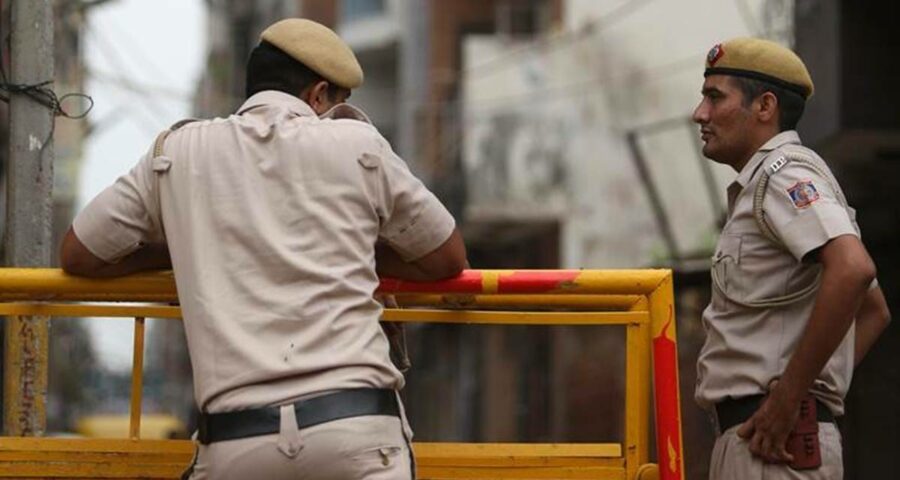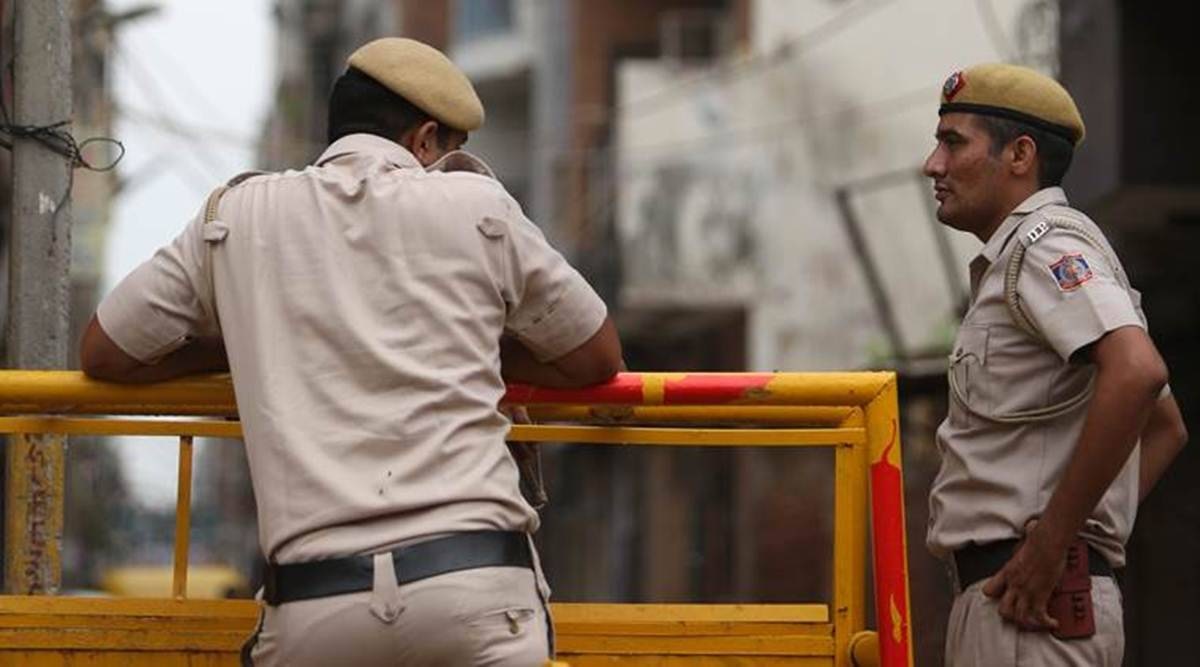M.P. Nathanael writes: Erring personnel must be promptly punished to send out the clear message that no one is beyond the reach of the law.
The death of a fruit stall owner, 47-year-old A Murugesan, allegedly as a result of a brutal thrashing by a special sub-inspector of Tamil Nadu police in Vazhapadi in Salem district on June 22, has revived memories of Bennix and his father Jayaraj who died in custody last year in June in Thoothukudi. While two other policemen stood watching the gory scene, Murugesan’s friends pleaded for him to be spared but to no avail.
An army man Resham Singh was brutally tortured while his mother and two sisters in Pilibhit, UP, were humiliated on May 3, drawing the Allahabad High Court’s ire. Two sub-inspectors and six constables were booked, and the station house officer sent to lines. Singh’s medical report confirmed injuries due to brutal torture.
On May 21, an 18-year-old vegetable vendor Faisal Hussain was allegedly beaten to death in Bangarmau police station in UP’s Unnao district for violation of Covid-19 directives. Though the market in the town was open, Hussain was beaten up and taken to a police station from where he was shifted to a hospital. He was declared dead on arrival. The post-mortem report attributed his death to head injuries. Two police constables and a home guard have been charged with murder.
Custodial deaths in police stations, even in jails, seem to be commonplace these days.
Union Home Minister Amit Shah, while speaking at the inauguration of the Centre of Excellence for Research and Analysis of Narcotics and Psychotropic Substances of the National Forensic Sciences University in Ahmedabad on July 12, said that the police in our country are accused of either “No Action” or “Extreme Action”. He has hit the nail right on the head. Victims of crime shudder at the thought of having to visit a police station. More so if one happens to be from a marginalised section of society.
According to the National Crime Records Bureau (NCRB) data, 100 cases of custodial deaths were reported in 2017, 42 of which were in police custody. Thirty-three policemen were arrested while 27 were charge-sheeted. Forty-eight police personnel were charge-sheeted and three convicted in cases of human rights violation. Overall, 2,005 cases were registered against police personnel, 1,000 of whom were charge-sheeted. With 456 cases, Maharashtra topped the list, while Gujarat and Rajasthan followed with 191 and 169 cases, respectively; 128 personnel were convicted.
According to the NCRB’s 2019 figures, 85 cases of custodial deaths were reported in the year with Tamil Nadu registering the highest number of cases followed by Gujarat, Punjab and Rajasthan and Odisha. No policeman was convicted, though 14 personnel of Gujarat were arrested, and charge-sheeted. For six custodial deaths in Rajasthan, three magisterial inquiries and two judicial inquiries were initiated against erring policemen.

While several policemen do get convicted, there are good reasons to believe that many go scot free — by manipulating records, intimidating complainants or political patronage. It’s up to senior officers to ensure that prompt actions are initiated against policemen who resort to brutal torture. When erring personnel are promptly punished, the message goes out loud and clear to other rogue policemen that the law will catch up with them. In the case of custodial deaths, those guilty should be tried for murder.
Police personnel who remain spectators when people in custody are being tortured are also complicit in the crime. Sub divisional police officers and superintendents of police should be held accountable for the impropriety committed by those under their supervision.
This column first appeared in the print edition on August 9, 2021 under the title ‘Ending police brutality’. The writer is a retired Inspector General of Police, CRPF
Source: Read Full Article


